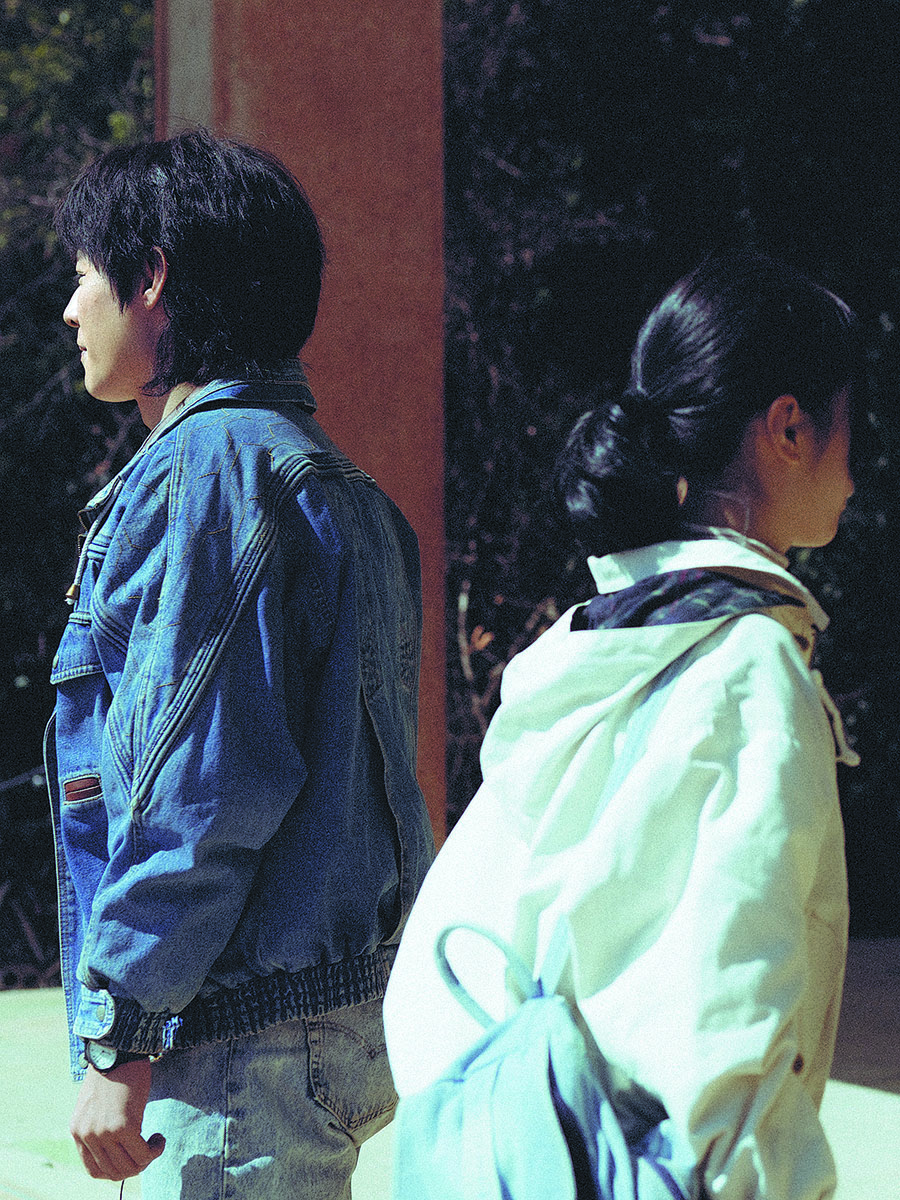

Before the show premiered, Pan wondered if audiences would warm to the story, as it is told from the perspective of three elderly men, which is rare for a Chinese TV series. However, the enthusiastic response dispelled her concerns, and the exceptionally high rating on Douban surprised her.
She thinks one reason for the show's success is that many young audiences, such as those born in the 1990s and 2000s, were often raised by their grandparents, so they have an emotional connection with the elderly.
"In the storyline for the series, we included issues related to empty nesters (seniors whose family members have left home), care for the elderly, and the love lives of seniors. I believe that viewers naturally have emotions related to these topics, making it easy to arouse empathy," Pan said.
"The fragility of elderly people is often concealed, as they can be very stubborn. However, when their vulnerability is exposed, it becomes especially touching and evokes a sense of sympathy."
One of the most popular scenes in the series features three seniors dancing and singing together in a karaoke room.
Pan thinks this is also an example of the spiritual power of people from the northeast, who use humor as a weapon to combat whatever kind of difficulty they face.
When Yu wrote the initial script in 2018, he based Wang Xiang's character on Fan Wei, the actor.
"This story originated from a father-son relationship set in northern China in the late 1990s. From this starting point, the plot developed and expanded into a full story," Yu said.
"Wang Xiang's character embodies the image of many fathers in northern China. He has his strengths and weaknesses. He has a humorous side, as well as being timid and ready to compromise. He is strict and not good at expressing his love, which are common traits."
In the series, Wang Xiang has two sons. In 1998, when his first son dies at the age of 18, he adopts a newborn. Yu uses the ways in which Wang Xiang treats his sons to represent the different father-son relationship.
"Since 2000, Chinese society has undergone significant development, particularly in terms of economic achievements. The handling of interpersonal relationships has also changed a lot," Yu said.
"The most crucial and straightforward point of the series is that Wang Xiang has learned to express himself. His love for both sons is the same, but the way he expresses it is different."